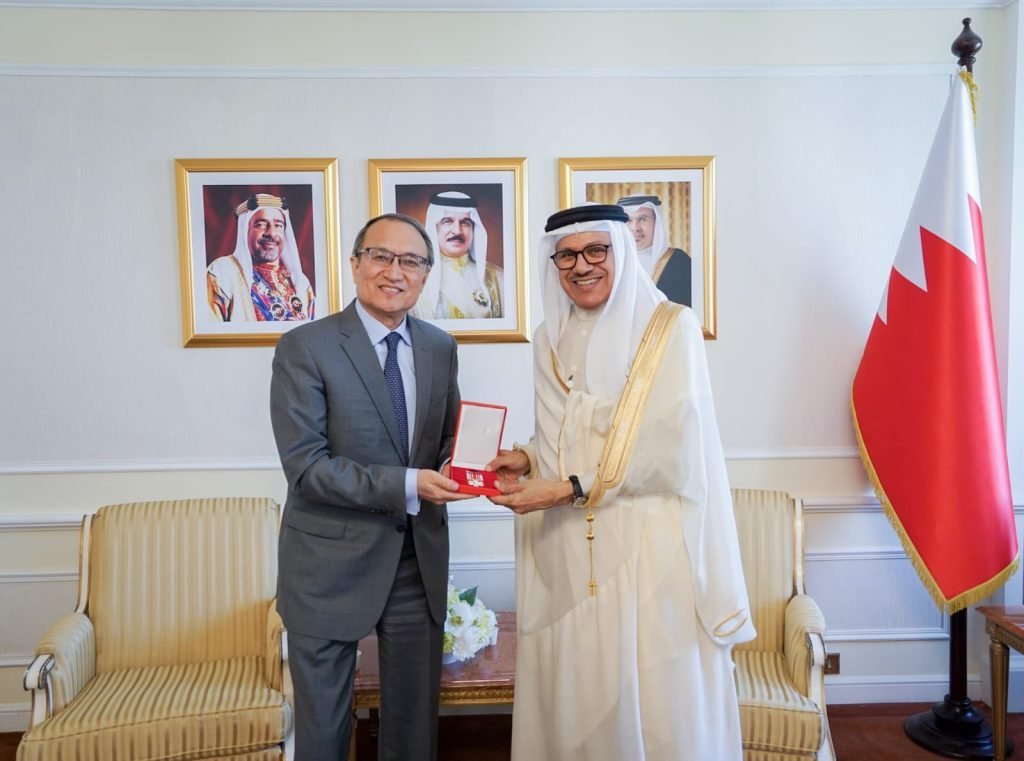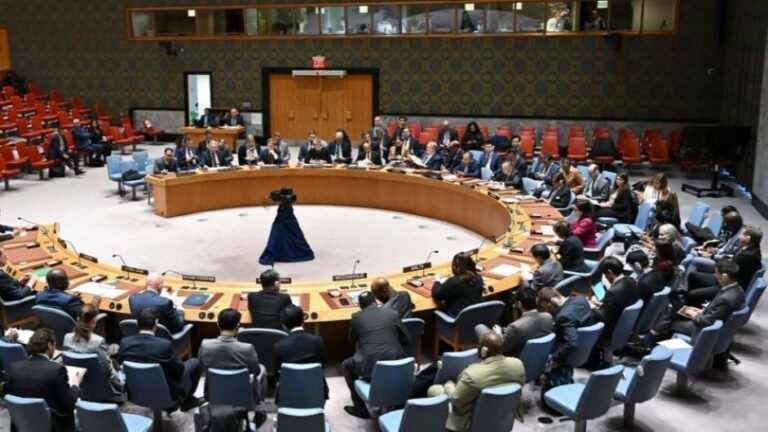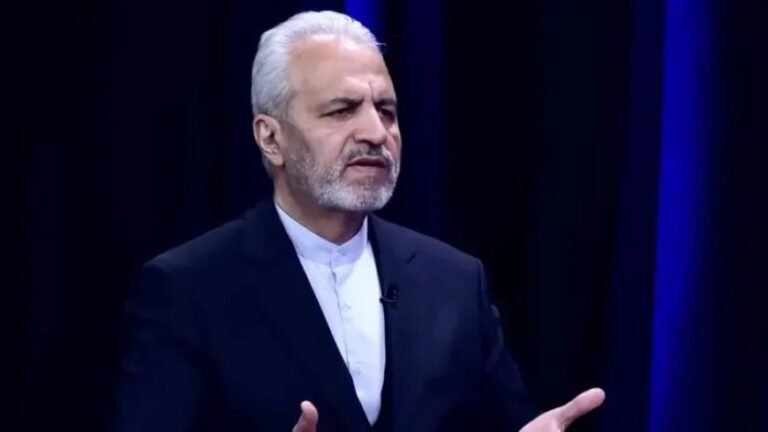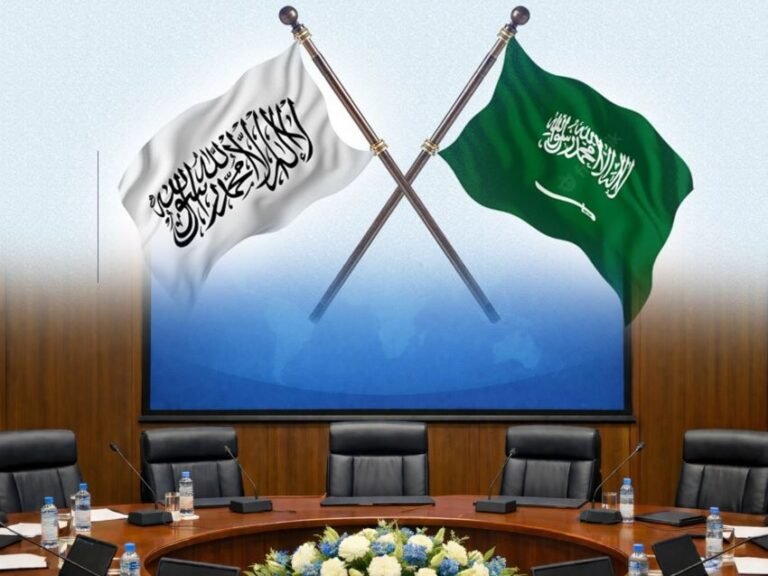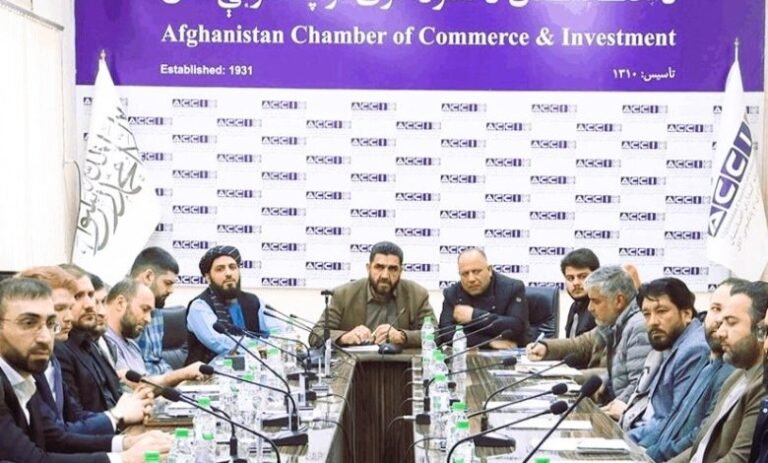Manama, 15 December 2022 (TDI): Chinese Ambassador to Bahrain, Anwar Habibullah, was welcomed by the Minister of Foreign Affairs, Dr. Abdullatif bin Rashid Al Zayani, at the Ministry’s main offices on the occasion of his final day in that capacity.
During the meeting, the Minister of Foreign Affairs welcomed Ambassador Anwar Habiballah and emphasized the depth of the close friendship between the Kingdom of Bahrain and the People’s Republic of China.
He also underscored the development and growth it has experienced due to the two countries’ shared desire to strengthen and expand it.
سعادة وزير الخارجية يستقبل سفير جمهورية الصين الشعبية بمناسبة انتهاء فترة عملهhttps://t.co/wkq5m93WuZ pic.twitter.com/kGDS0jPiiE
— وزارة الخارجية 🇧🇭 (@bahdiplomatic) December 14, 2022
The Minister also praised the Ambassador’s extraordinary efforts and wished the Ambassador ongoing success as they work to improve their bilateral ties with the Kingdom of Bahrain.
Also Read: China, Bahrain to work for common development objectives
The Ambassador of China, for his part, thanked the Minister of Foreign Affairs and all other Bahraini officials for their assistance and cooperation in making his mission a success and wished Bahrain continued progress and prosperity.
Ambassador Dr. Muhammad Ali Bahzad, Undersecretary of the Ministry of Foreign Affairs for Consular and Administrative Affairs, Ambassador Rami Saleh Al-Wreikat Al-Adwan, Dean of the Diplomatic Corps attended the meeting.
Also in attendance were the Ambassador of the Hashemite Kingdom of Jordan to the Kingdom of Bahrain, Ambassador Fatima Abdullah Al-Dhaen, Head of the Afro-Asian Affairs Sector, and Salah Muhammad Shehab, Head of the Sector Ceremonies at the Ministry of Foreign Affairs.
China-Bahrain Relations under BRI
Due to their geostrategic location, energy reserves, and the fast and steady growth of the regional economy, which has resulted in a rapid expansion of the market for consumer and merchandise goods, the Gulf countries are important key partners and will play significant roles in the successful implementation of the Belt & Road Initiative (BRI).
China has the potential to supply these markets heavily. Comparatively to other GCC nations, Bahrain has vital geopolitical relevance for the PRC’s new Silk Road policy.
First, the Kingdom may act as a regional transportation center because it is a gateway to the Gulf and one of the important Gulf nations along the new Silk Road route.
The island enjoys a strategic location within the shipping lanes of the Persian Gulf, which serves as the access point for much of the oil produced in the West to the open ocean. It is flanked by a number of sizable oil fields in the Middle East.
Bahrain is a key hub for trade, business, scientific, and cultural contacts between the Arab and Chinese populations and the larger Asian, African, and European continents. Bahrain is situated at the intersection of China’s new Silk Road strategy.
Musfirah Rashid, Mphil Student at Quaid e Azam University, Islamabad.
- This author does not have any more posts.

